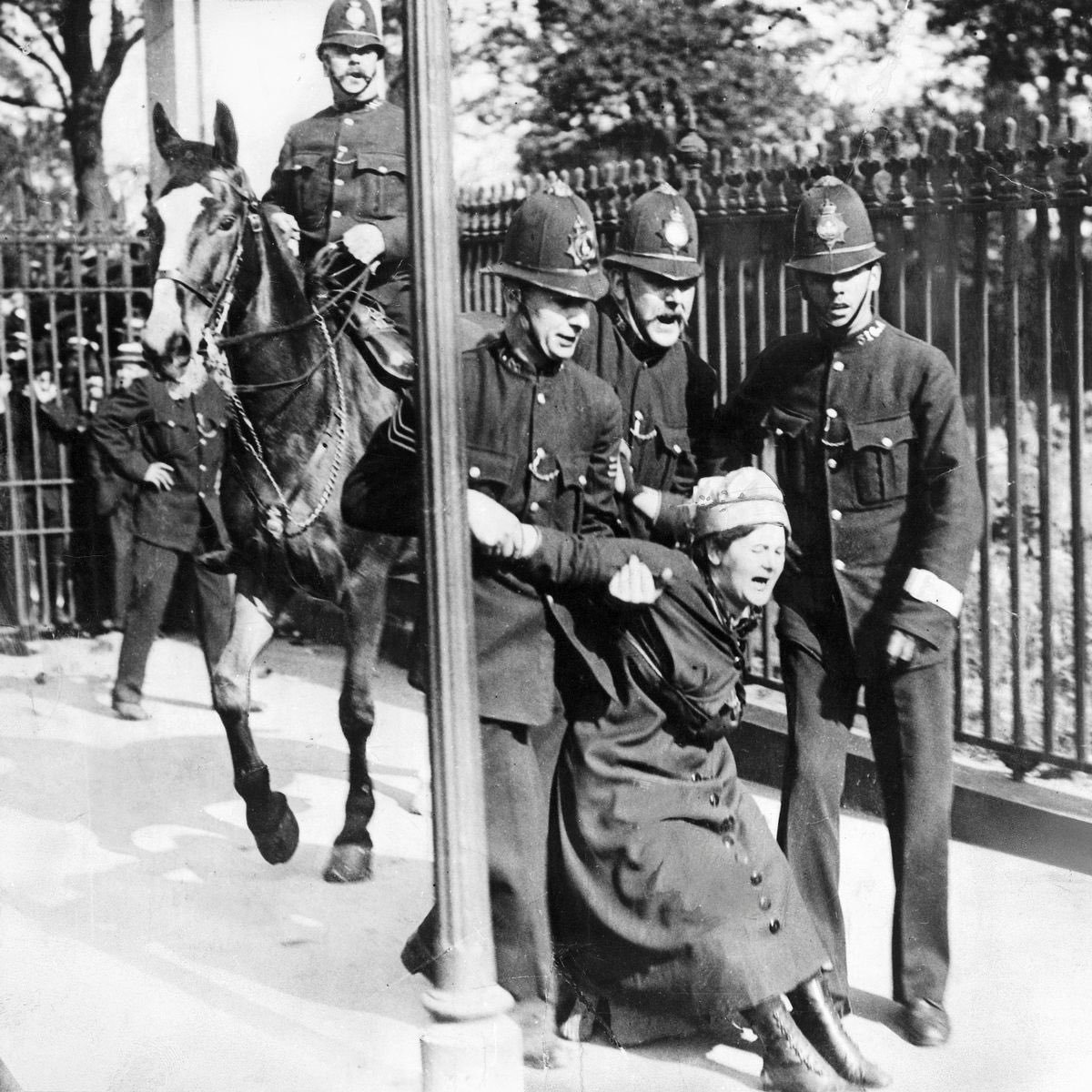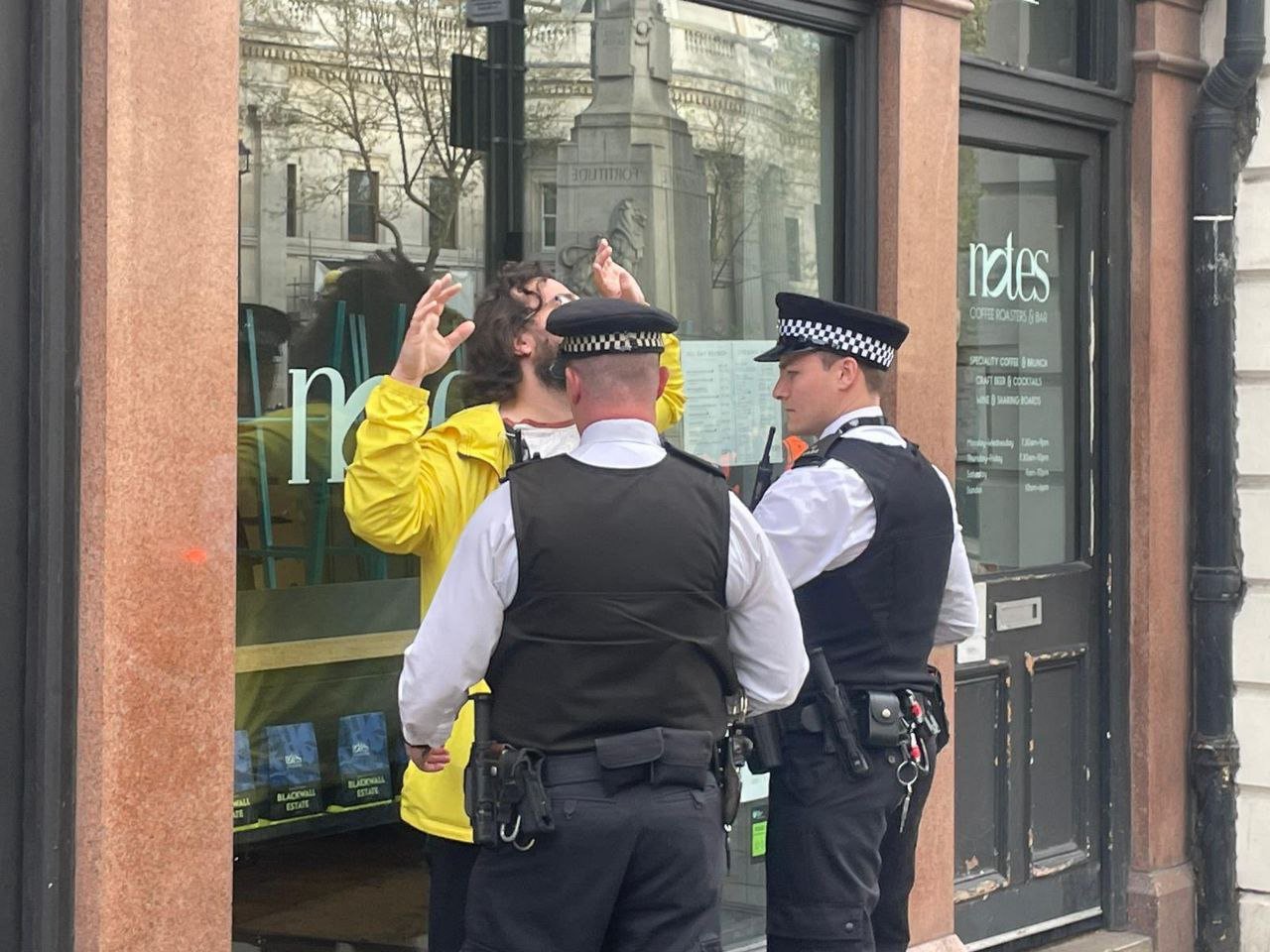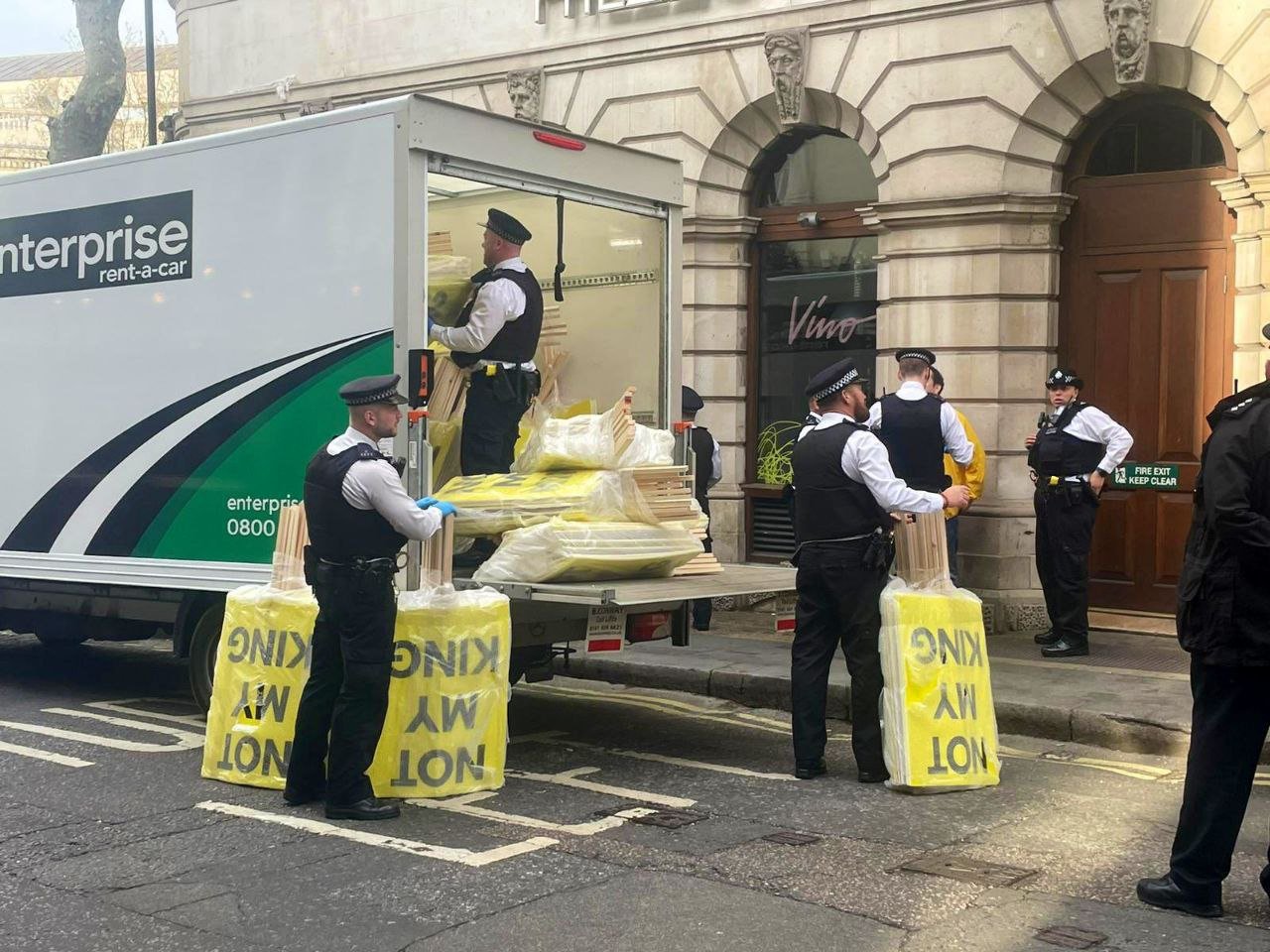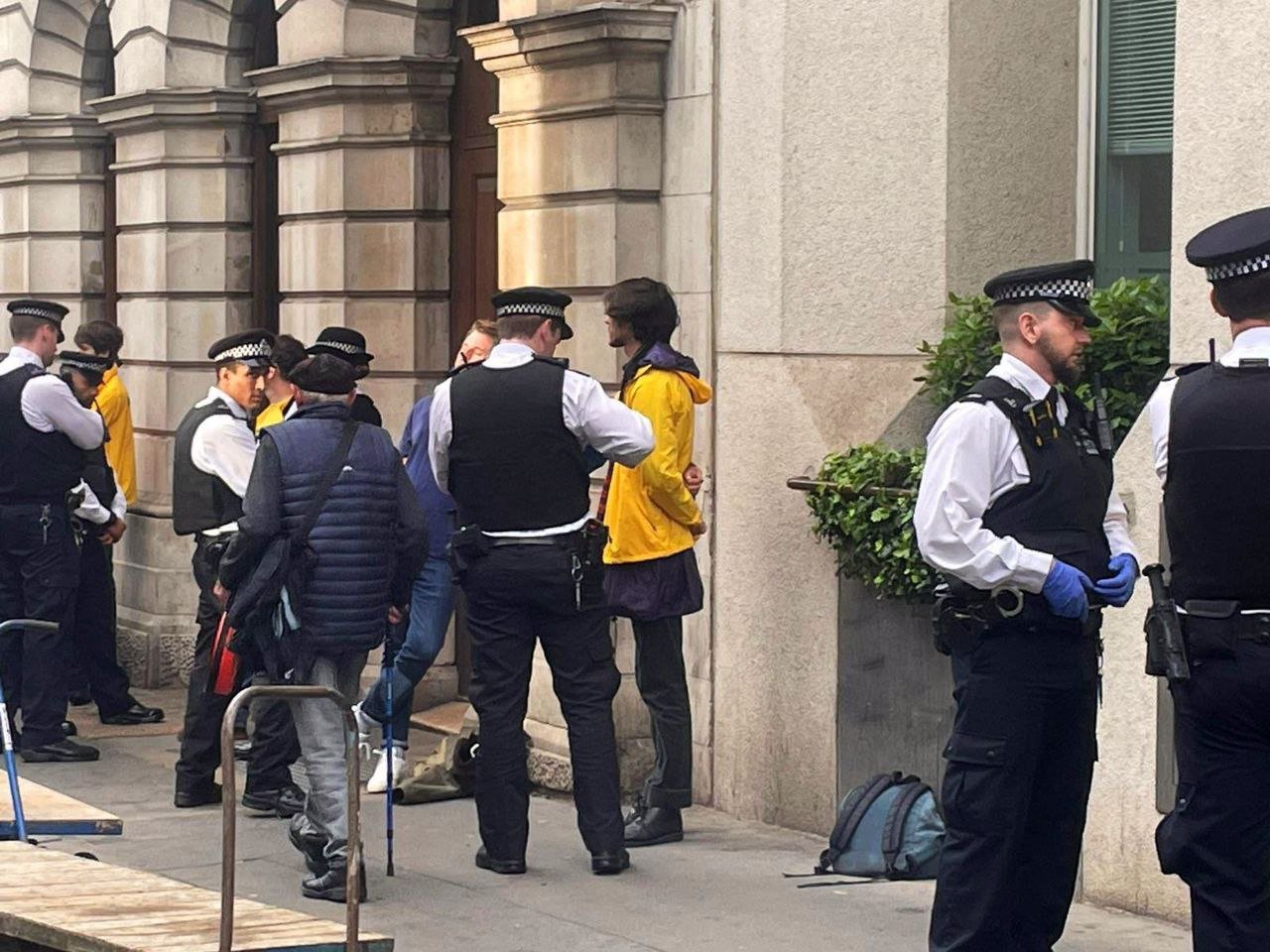Yesterday the coronation of the new king of England; Charles III, took place in Westminster Abbey followed by a parade to Buckingham Palace. The estimated cost of the event is about 100 million pounds while the country is facing an inflation crisis resulting in 14 million people unable to afford to eat every day, and 270,000 people are currently homeless, including 125,000 children.
The animosity for the expensive and lavish royal family is growing throughout the country, as can be seen by a recent Savanta poll showing that the support for the monarchy for all age groups below 45 has fallen comfortably below 50% with more people aged 18-24 supporting a republic than a monarchy, while overall, almost a third of the country wants a republic.
So it wasn’t unexpected that, among the jubilation from some of the citizens who were celebrating a broken institution based on hereditary tradition rather than democratic principles, many people wanted to demonstrate their dissent in a peaceful manner.
Some lawful pickets and respectful rallies were organised in London and all over the country in the previous day as well as during the hours of the event, but the response from the police was an horrendous repression of the right to protest.
Before and during the hours of the event, 52 arrests were made for affray, public order offenses, breach of the peace, and conspiracy to cause a public nuisance around the coronation.
People were arrested and detained for several hours simply for holding placards and megaphones, while the police submitted the demonstrators to photographic surveillance and built a watchtower in front of the demonstration so that the king would not see the protest as he passed by on the way to the palace.
A statement published on the Twitter account of Graham Smith, author of Abolish the Monarchy and the chief executive of Republic, a British campaign for democratic reform, said:
“I’m now out of the police station. Still waiting for my colleagues. Make no mistake. There is no longer a right to peaceful protest in the UK. I have been told many times the monarch is there to defend our freedoms. Now our freedoms are under attack in his name.” — Graham Smith
Moreover, Animal Rising, a non-violent animal activist movement that aims to compel government action towards animal rights and a plant-based food system, said on Saturday morning, a number of their supporters were arrested while at a training session “miles away from the coronation”. Nathan McGovern, a spokesperson for Animal Rising, said: “This is nothing short of a totalitarian crackdown on free speech and all forms of dissent – Just Stop Oil, Republic and Animal Rising have experienced the true character of this government’s attitude towards peaceful protest today. We are sleepwalking into fascism and it is every single person’s responsibility to stand up and say ‘No more.’”
This inhumane response by the British police was made possible by the Tory Government who established this draconian Public Order Act, which was given royal assent by King Charles on 2 May, four days before the coronation.
Furthermore, on the 3rd May, the Conservative Government rushed through Parliament further restrictive legislation to counter the democratic right to protest. The Public Order Act 2023 introduced yet more oppressive powers to restrict people’s fundamental rights to peaceful protest. It comprises of a shopping list for an authoritarian government.
As Stop The War Coalition highlighted a few days ago, the further laws outlined in the Public Order Act 2023 will see further restrictions to our rights by:
– setting a very low threshold to define disruptive protesting;
– giving police significant new powers to prevent protests occurring outside of major transport networks, oil and gas and energy supplies (with a maximum penalty of 12 months’ imprisonment, an unlimited fine, or both);
– introducing a new offence of obstructing major transport works (with a maximum penalty of 6 months imprisonment, an unlimited fine or both);
– making ‘locking on’ or going equipped to ‘lock-on’ a new criminal offence;
– extending the use of stop and search powers – including suspicion-less stop and search – to protests;
– introducing of new protest banning orders – the Serious Disruptive Prevention Order – that would prevent individuals from attending protests at all;
– enabling the Secretary of State to bring civil proceedings in relation to protest activity where protest action is causing, or is likely to cause, serious disruption to key national infrastructure or access to essential goods or services in England and Wales.
Yasmine Ahmed, the UK director of Human Rights Watch, condemned the arrests yesterday, saying: “The reports of people being arrested for peacefully protesting against the coronation are incredibly alarming. This is something you would expect to see in Moscow, not London. Peaceful protests allow individuals to hold those in power to account, something the UK government seems increasingly averse to,” she said.
In the face of all of this, it is important to remind ourselves about Article 19 of The Universal Declaration of Human Rights, a milestone document in the history of human rights, drafted by representatives with different legal and cultural backgrounds from all regions of the world, and proclaimed by the United Nations General Assembly in Paris on 10 December 1948:
“Everyone has the right to freedom of opinion and expression…”
In fact, Volker Turk, UN High Commissioner for Human Rights, recently released the following statement:
“This new law imposes serious and undue restrictions on these rights that are neither necessary nor proportionate to achieve a legitimate purpose as defined under international law. It is especially worrying that the law expands the powers of the police to stop and search individuals, including without suspicion; defines some of the new criminal offences in a vague and overly broad manner; and imposes unnecessary and disproportionate criminal sanctions on people organizing or taking part in peaceful protests.”
After yesterday, the crown will weigh heavier than ever on a country that has been colonialisng, bombing and setting coups all over the world in the name of a so-called “democracy”.









